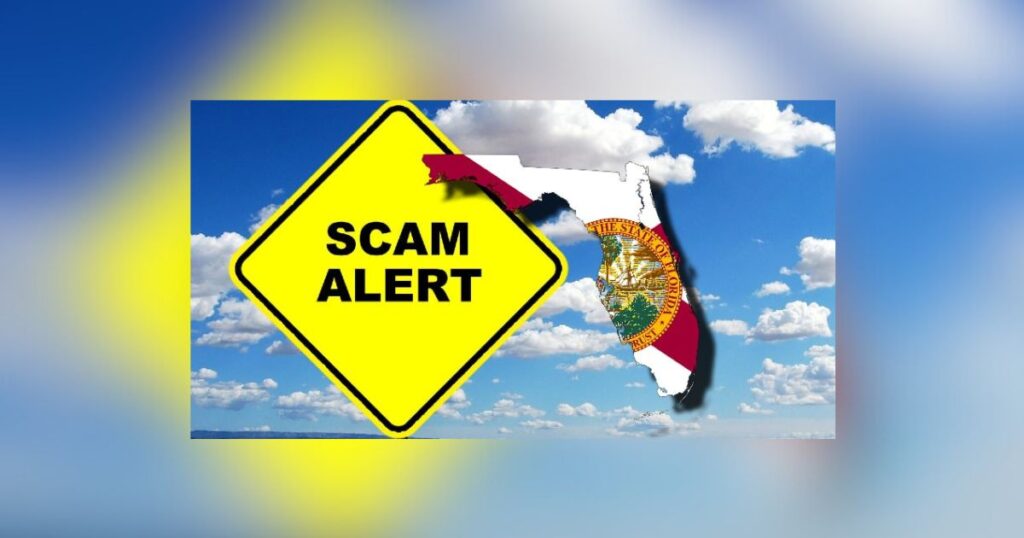A new report from the FBI shows that seniors lost $4.8 billion to scammers in 2024. Florida is home to nearly 5 million seniors and ranks third in the nation for complaints and total losses per victim.
Utility scams are on the rise. These include people who pretend to be representatives of legal utility companies to steal money and personal information. These scams include the urgent threat of service disconnection if payments are not made immediately. Alternatively, they may use deceptive tactics such as providing fake energy efficiency audits or inspecting gas leaks.
How Utility Fraud Works:
The scammer will call or show up at your door. If you don’t pay immediately, you are claiming you have a deferred bill and threatening to cut off your services (power, gas, water).
Scammers will try to send fake emails that look like legal utility bills, click on malicious links, or provide information.
“Slamming” scam involves someone providing a better energy rate and switching services to another supplier without your knowledge.
Overpayment fraud involves a fraudster claiming overpayment and asking for a refund of your bank or credit card information.
Florida Power and Light Company (FPL) says it constantly notifies its customers and provides tips to avoid common utility scams.
<

FPL offers some tips on what to look for.
Avoid online searching for phone numbers. To contact FPL, please call the invoice number.
Do not trust the caller ID. Scammers can manipulate names to make them look like FPLs.
Hanging up the caller who is suspicious. FPL never requires immediate payment. It does not ask customers to pay Zelle or gift cards or threatens an immediate disconnection.
Delete any suspicious text or emails that ask for payment or personal information.
If visitors try to collect payments without FPL ID or actively seek to sell products, close the door and call the police.
If a customer suspects of targeting a fraud, they recommend reporting it immediately to FPL and local law enforcement agencies. In the case of telephone or digital fraud, the customer is required to file a complaint with the Federal Trade Commission (FTC) and the state Consumer Protection Agency in Florida.


